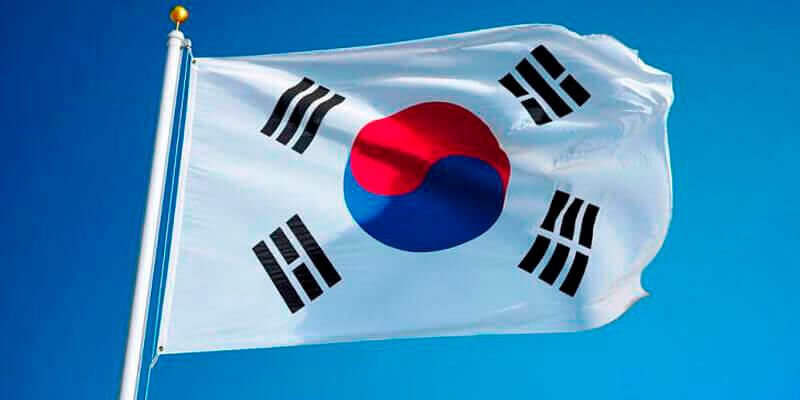SEOUL: South Korea's economy is feared to lose growth momentum as the country is grappling with high inflation and export growth could slow down amid heightened external economic uncertainty, the finance ministry said Friday.
The Federal Reserve's fast rate hikes, China's economic slowdown, and the protracted war between Russia and Ukraine have increased downside risks to the global economy, Yonhap news agency reported the ministry said in its monthly economic assessment report, called the Green Book.
“Domestic demand has been on a moderate recovery track on improvements in the job market and a rebound in in-person services,“ the report said.
“But high inflationary pressure has continued under deteriorating external conditions, and there are concerns about the economic slowdown as (consumer and business) sentiments have weakened and export growth could be constrained,“ it added.
The finance ministry mentioned the possibility of the economic slowdown for the third straight month in August, amid concerns about stagflation, a mix of slumping growth and high inflation.
Inflationary pressure in South Korea has rapidly built up due to high oil and commodity prices and a recovery in demand from the pandemic, it added.
The country's consumer prices soared 6.3 percent on-year in July, the fastest in nearly 24 years and acceleration from a 6 percent on-year spike in June. The central bank aims to keep inflation at 2 percent over the medium term.
Last month, the Bank of Korea delivered an unprecedented 0.5 percentage-point rate hike in a bid to tame rising price pressure. It marked the sixth rate increase since August last year.
A rate hike is meant to curb inflation, but it could increase debt-servicing burdens and slow down economic growth.
Exports, the main driver of Korea's economic growth, rose 9.4 percent on-year in July, marking the 21st consecutive month of growth.
But the nation suffered a trade deficit for the fourth straight month as high oil and commodity prices pushed up the country's import bills.
According to Yonhap, the ministry report showed card spending and sales at department stores gained ground in July as the lifting of Covid-19 restrictions boosted outdoor activities.
Card spending rose 15.5 percent on-year last month, marking the 18th straight month of gains. Sales at department stores increased 26 percent on-year.
But domestic sales of autos dropped 2.1 percent, extending their falls for the fifth month.
Household income rose at the fastest pace in the second quarter due to pandemic-relief cash handouts, but households' propensity to consume hit a record low amid elevated inflation, separate government data showed.
In June, the government lowered its 2022 economic growth outlook to 2.6 percent, while sharply raising this year's inflation outlook to a 14-year high of 4.7 percent.-Bernama














